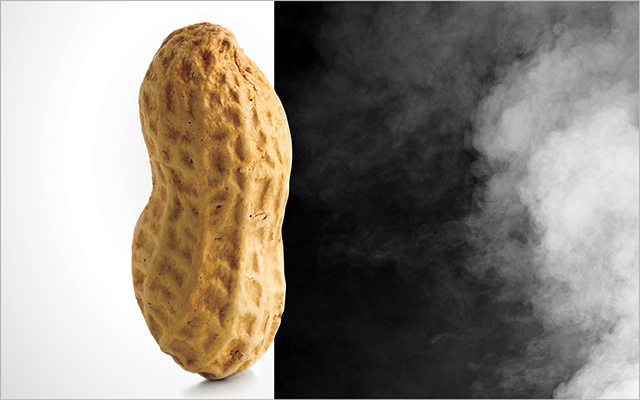Do you suffer from a baffling food reaction? One common sensitivity is triggered not by a particular food but by food preservatives containing sulfite that are often used in wine, beer, meats, shrimp, processed foods, and even some medications.
Sulfite-bearing preservatives may cause allergic- and asthmatic-type reactions as well as chronic fatigue, brain fog, vertigo, hives, and digestive issues. Allergy tests will not reveal a sulfite sensitivity; healthcare providers must administer minute doses to determine a patient’s risk.
The FDA banned sulfite use on fresh vegetables and fruits in 1986 following several outbreaks of sulfite-related allergic attacks; the agency also mandated that all food labeling include sulfite preservatives. But, just reading the labels may not protect you from a reaction. Sometimes sulfites are not used directly in foods but show up in unlisted secondary ingredients.
“There’s a wide variety of foods sulfite preservatives can be used in,” explains Life Time nutritionist Samantha McKinney-Bielawski, RD, LD. “And to make it worse, there are certain foods — like shrimp, for example — that sulfites commonly show up in, but not every time. This means that sometimes a food is tolerated and sometimes it is not.”
She offers the following advice for dealing with sulfite sensitivity:
- Scan food labels, especially on processed and frozen foods; condiments; and dried fruits, including granola (opt for “unsulphured” dried fruits instead). Look out for sodium sulfite, bisulfite, and metabisulfite, as well as potassium bisulfite and metabisulfite.
“Check every single ingredient on the label; sulfites can show up in various forms. While the ingredients of concern often have sulfite or sulphite in the ingredient name, it’s not a guarantee,” McKinney-Bielawski says. “Always be sure to check the allergen statement as well. Convenience foods, even healthy ones like sliced apples in sealed baggies, often can contain these triggers.”
- Be especially cautious at restaurants when ordering “any food that has been frozen and preserved before being prepared, such as certain shellfish and produce like mushrooms or potatoes,” she says. “While the fresh and unpreserved versions of these foods might be tolerated, the preserved form might not.”
- Be cautious with wine and beer. Most wine has some naturally occurring sulfites; white tends to contain more than red
- Ask your pharmacist to verify that your prescription medications are sulfite-free if the inactive ingredients are not detailed.




This Post Has One Comment
My sulfite allergy reaction has increased with age and has affected my life! My reactions are stronger and more lasting. I read all labels and take notice of what I have eaten prior to a reaction.